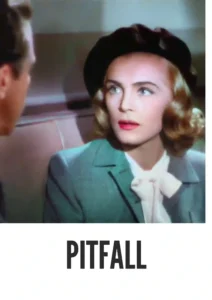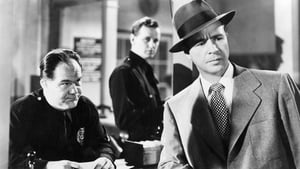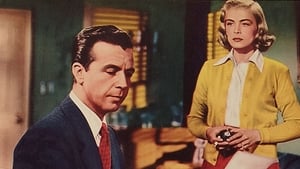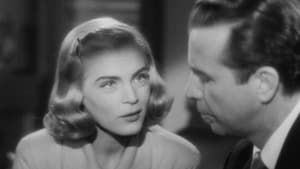Video Sources 0 Views

Synopsis

Step into the gripping world of Pitfall, a captivating film noir thriller from 1948, now beautifully colorized for an immersive viewing experience. Directed by André De Toth, this film masterfully blends suspense, romance, and moral ambiguity, making it a must-watch for fans of classic cinema. The HD download offers a fresh perspective on this lesser-known gem, showcasing the artistry and emotional depth that define the genre.
Pitfall follows the story of private investigator Sam Wylie (Dick Powell), who finds himself entangled in a complex web of temptation and betrayal. Tasked with following a beautiful model named Mona (Lizabeth Scott), Sam quickly becomes infatuated with her allure. However, his obsession leads him down a dangerous path as he confronts both his own moral dilemmas and the sinister intentions of Mona’s boyfriend, a violent ex-convict.As Sam navigates this treacherous landscape, he must grapple with his feelings for Mona while trying to maintain his professional integrity. The film escalates into a tense climax filled with unexpected twists and turns, ultimately questioning the nature of desire and the consequences of one’s choices. Pitfall is not just a thriller; it’s an exploration of human frailty set against a backdrop of post-war disillusionment.
The film features an impressive cast that brings this thrilling narrative to life:
- Dick Powell as Sam Wylie
- Lizabeth Scott as Mona
- John Phillips as The Ex-Con
- Jane Wyatt as Mrs. Wylie
- John Litel as The Police Captain
Pitfall is categorized as a film noir thriller, characterized by its dark themes, morally ambiguous characters, and stylistic cinematography. The film encapsulates the essence of post-war American cinema, reflecting societal anxieties through its narrative and visual style.
Released in 1948, Pitfall represents a significant entry in the film noir genre during its golden age. This period saw filmmakers experimenting with narrative structure and visual aesthetics to depict complex psychological themes. While Pitfall may not be as widely recognized as other noir classics, it contributes to the rich tapestry of post-war cinema by exploring themes of temptation, betrayal, and the human condition.
The colorized version of Pitfall has been meticulously restored using advanced digital techniques to enhance its visual appeal while preserving the film’s original atmosphere. The colorization process involved analyzing the grayscale tones of the original black-and-white footage and assigning appropriate colors to each scene. This careful restoration breathes new life into the characters and settings, making the story more engaging for contemporary audiences. While opinions on colorization may vary among purists, it serves to introduce classic films to new viewers, ensuring their legacy endures.
- : André De Toth
- : Steve Fisher
- : Charles Lang
- : George Hively
- : Columbia Pictures
- : 86 minutes
- : MP4
- : HD (1080p)
- : Compatible with most devices, including smartphones, tablets, computers, and smart TVs.
Though Pitfall may not be among the most celebrated films in the noir canon, it has garnered appreciation for its tight narrative and strong performances. Critics have noted Dick Powell’s compelling portrayal of a flawed protagonist grappling with desire and duty. The film’s exploration of moral ambiguity resonates with audiences seeking depth in their cinematic experiences.
- : What is Pitfall about?
- A: Pitfall is a film noir thriller about a private investigator who becomes entangled in a dangerous love affair while following a model.
- : Is Pitfall (1948) considered a classic?
- A: While not as widely known as other noir films, Pitfall is appreciated for its strong performances and thematic depth.
- : Is this version of Pitfall colorized?
- A: Yes, this version has been professionally colorized to enhance the viewing experience.
- : What makes Pitfall interesting for noir fans?
- A: Pitfall offers insights into the complexities of human relationships within the framework of classic film noir storytelling.
- : What is the download format?
- A: The download format is MP4, compatible with most devices.
- : What resolution is the download?
- A: The resolution is HD (1080p), providing high-quality visuals for an engaging experience.
Watch Pitfall Today!
















